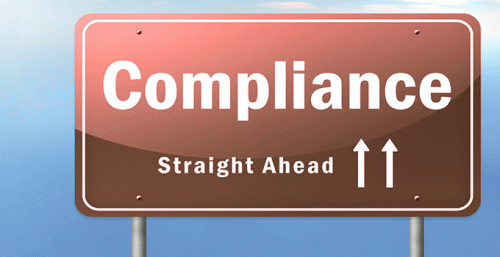Compliance
Compliance Corner: Monetary Authority Of Singapore, Digital Licences

A regular round-up of compliance news, such as fines, permissions, new technology solutions to make tracking risks easier, and other developments.
The Monetary
Authority of Singapore said yesterday that it has received 21
applications for digital bank licences, highlighting how the
Asian city-state is pitching to get an edge in the fintech
space.
The applications comprise seven bids for full bank licences and
14 for requests for the digital wholesale bank certifications,
MAS said in a statement earlier this week.
“The new digital bank licences have attracted strong interest
from a diverse group of applicants. These include e-commerce
firms, technology and telecommunications companies, fintechs
(such as crowdfunding platforms and payment services providers)
and financial institutions. The majority of applicants are
consortiums, with entities seeking to combine their individual
strengths to enhance the digital bank’s value proposition,” it
said.
The regulator said it will say which applications are successful
in June this year; the winners are due to start business in the
middle of 2021.
Singapore’s regulator is offering as many as five digital banking
permits to non-banks in a bid to open up the financial industry
to new competitors.
Ant Financial, the affiliate business to e-commerce giant
Alibaba, has applied
for a digital banking licence in Singapore, according to
media reports. The Straits Times of Singapore has (2
January) noted that Southeast Asia's digital lending market is
expected to more than quadruple to $110 billion by 2025, citing a
report by Bain & Co, Google and Temasek Holdings.
Such developments show how technology-driven firms are to some
extent crashing a party for years dominated by incumbent
banks. Amazon has been reportedly talking to JP Morgan about
opening a cheque account. Apple launched a credit card for iPhone
users earlier in 2019 with Goldman Sachs. Facebook has unveiled a
new system to enable payments across its systems. More
controversial still is Facebook's Libra digital currency
programme, which has generated pushback from regulators. As part
of a project code-named Cache, Google is also reportedly pushing
into the space.
One concern will be how these Big Techs have used client data in
the past. In the case of Facebook, for example, controversy over
the use or misuse of customer data might mean that regulators
impose tough rules on how they operate as financial institutions.
Banks in most developed countries also come under significant
regulatory control, and are required to provide depositor
protection, maintain capital buffers against adverse market
events such as a share price plunge, and police questionable
financial transactions.